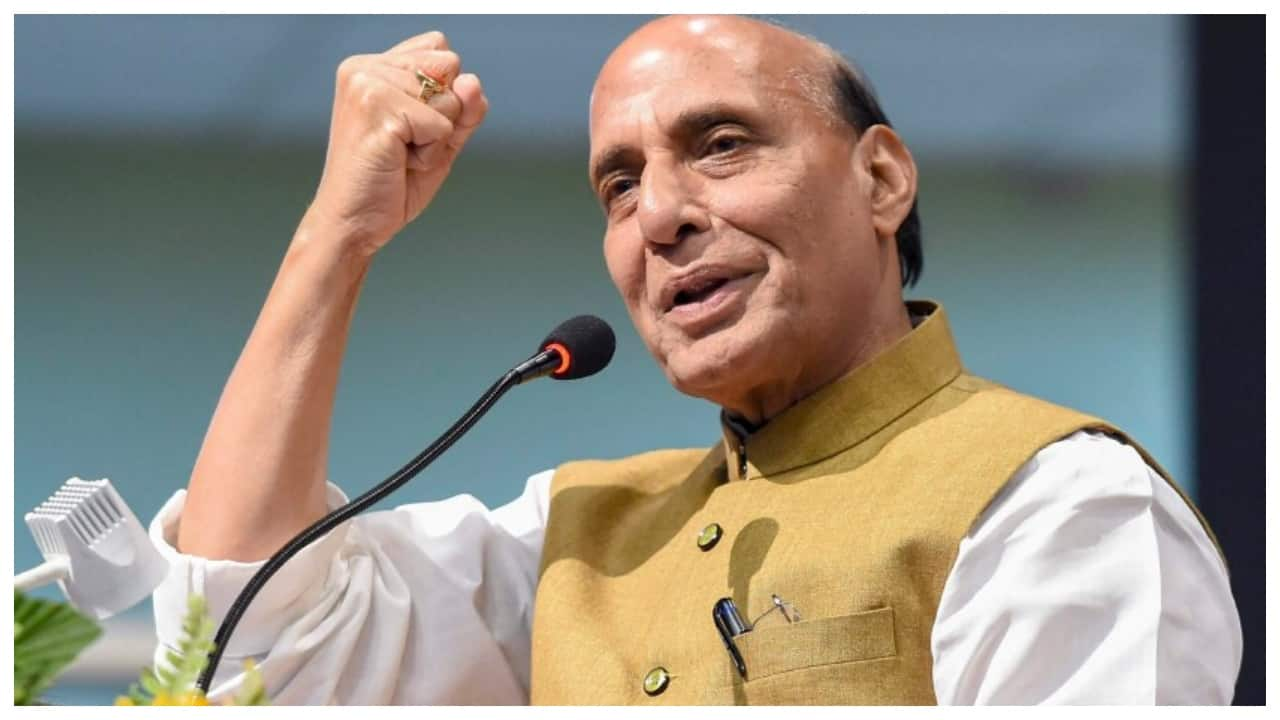 |
|
Rajnath Singh, India's Defence Minister, delivered a powerful message at the Aero India 2025 Defence Ministers' Conclave in Bengaluru. His central argument revolved around the inextricable link between national strength and the maintenance of international peace and order. He emphatically stated that a position of weakness is incompatible with ensuring global stability, a sentiment that underpins India's current defense modernization efforts. The increasing frequency and complexity of global conflicts, characterized by unpredictable power plays, novel weaponization methods, the growing influence of non-state actors, and disruptive technologies, have created a fragile global order. This fragility necessitates a proactive and innovative approach to security, emphasizing the urgent need for stronger international partnerships and collaborations.
Singh highlighted the blurring lines between traditional border security and internal security, a direct consequence of the rise of hybrid warfare. This modern form of conflict transcends geographical boundaries, targeting critical national infrastructure even during peacetime. The very definition of a 'front line' is rapidly evolving, extending into the digital realm of cyberspace and the vast expanse of outer space, thus challenging established notions of national sovereignty. This necessitates a comprehensive and multi-faceted approach to security, encompassing both traditional military capabilities and robust defenses against cyber threats and space-based attacks. The adoption of innovative strategies and the cultivation of strong alliances are presented as essential components of this broadened security paradigm.
The Aero India 2025 conclave, held in a hybrid format, serves as a platform for strengthening defense cooperation with friendly nations. The theme, 'Building Resilience through International Defence and Global Engagement (BRIDGE)', aptly reflects the emphasis on supply chain resilience and strategic collaboration in defense. India's commitment to fostering security and growth globally is evident in its active engagement on the international stage. Singh's emphasis on India's transformation of its defense capabilities is underscored by its pursuit of a conducive policy regime that encourages substantial investment and domestic production of advanced land, maritime, and air systems. This commitment to self-reliance in defense is seen as a crucial element of India's ability to contribute to global peace and security.
Furthermore, Singh highlighted India's emergence as a global hub for research, development, and innovation in defense. This signifies not only a testament to India's growing technological capabilities, but also its ambition to become a key player in shaping the future of global defense. The development of a thriving defense startup ecosystem, nested within a larger, globally competitive Indian startup landscape (ranked third globally in terms of unicorn count), further underscores this commitment to technological advancement and innovation in the defense sector. This vibrant ecosystem fosters a culture of innovation and entrepreneurship, contributing to India's capacity for rapid technological advancement and ensuring its preparedness for the future challenges of global security.
In conclusion, Rajnath Singh's address at Aero India 2025 articulates a clear and comprehensive vision for India's role in maintaining global peace and security. This vision prioritizes the development of strong national defense capabilities, strategic international partnerships, and a commitment to innovation in the face of an increasingly complex and unpredictable global landscape. The blurring lines of traditional conflict and the rise of hybrid warfare demand a holistic and proactive approach to security, reinforcing India's commitment to peace through strength and collaborative international engagement.
